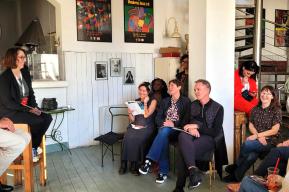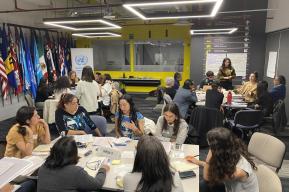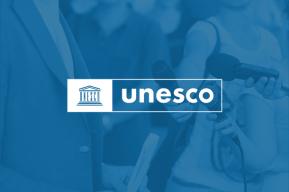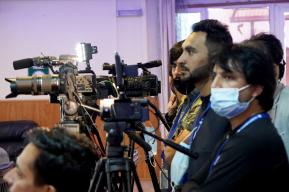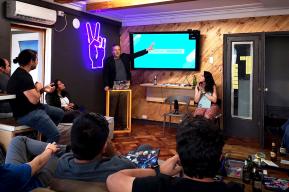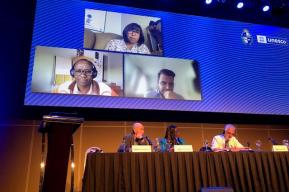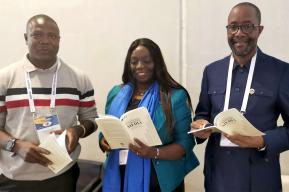Article
What kind of data transparency could be useful for media viability

The objective of the UNESCO partnership with WAN-IFRA is to help catalyze new forms of sustainable business models, especially for small media and those in the Global South.
A significant strand, supported by IPDC, is to explore the value of access to data collected by the Internet platforms which mediate much of the content flow between many news consumers and news providers.
During the online session, the participants spoke about the ambiguous relationship and asymmetry in resources between media actors and competing “big tech” in terms of advertising and revenue generation.
They noted that the Internet companies not only keep a lot of relevant data away from news publishers, but also use massive AI systems to process and monetize this resource.
In contrast, smaller news media outlets - even if they had access to the data - would struggle to exploit it to same extent, putting them at a disadvantage in terms of editorial planning and income generation.
Several participants said the situation made for competition policy challenges, arguing that a more level playing field needed to be created.
In order to deal with data processing capacity issues, one participant proposed to build alliances amongst publishers to enrich their operations in the light of each other’s data. A modification of competition rules within the media sector would then be necessary for such co-operation to happen.
From one participant came the insight that news media were on the back foot in terms of knowing the range of data points used by the Internet companies, meaning that publishers “do not even know everything that they do not know”.
Another participant said that it would be valuable to gain data about the percentages taken by “middle-men” located in the automated advertising chain. Publishers needed to understand who got what share of advertising revenues in relation to money made from commercials placed next to news content.
The point was also made that transparency around algorithmic switches would be important, since the media were often surprised by changes that negatively affected their ability to attract audiences for news.
While Internet companies often claim that news content is not profitable on their platforms, participants questioned this, and argued that transparency and data availability was needed to settle this matter.
IPDC’s Secretary General and UNESCO’s Director for Strategies and Policies in Communication and Information, Guy Berger, explained that the brainstorming session was the first of several consultations.
A next round at UNESCO’s World Press Freedom Day conference in Uruguay in May, will build on the insights of this discussion. The consultations will culminate in a document to present to the IPDC Council in November, and thereafter to be made available to Internet companies, governments, regulators and parliamentarians.


